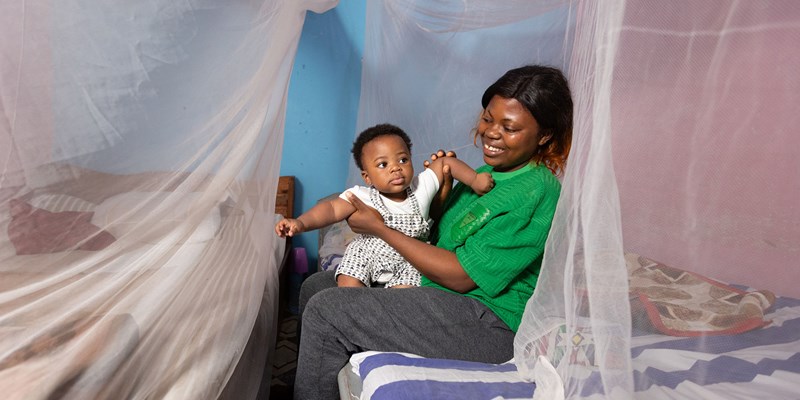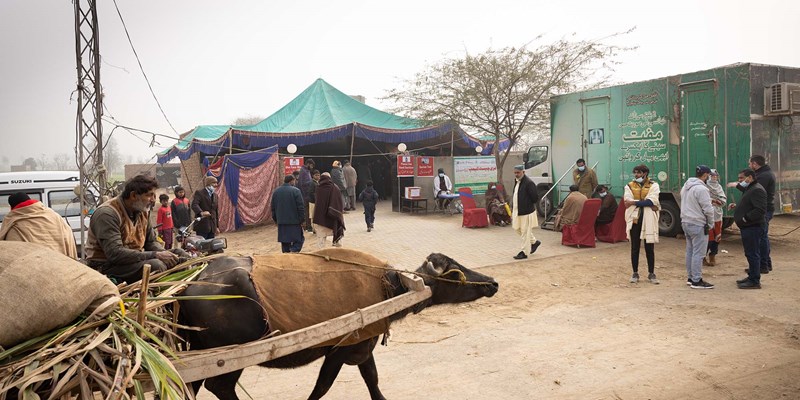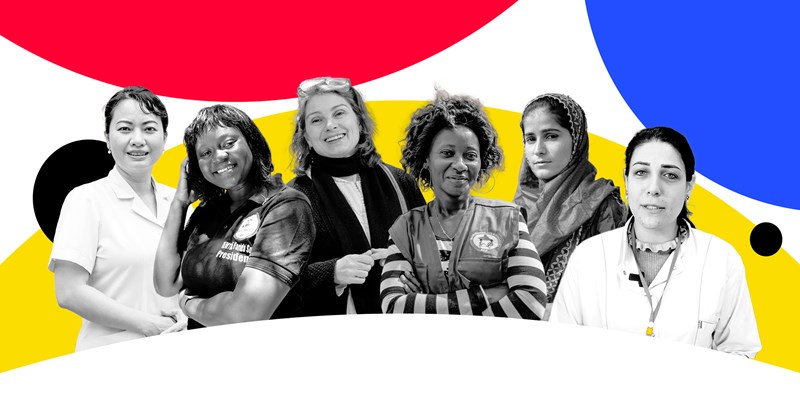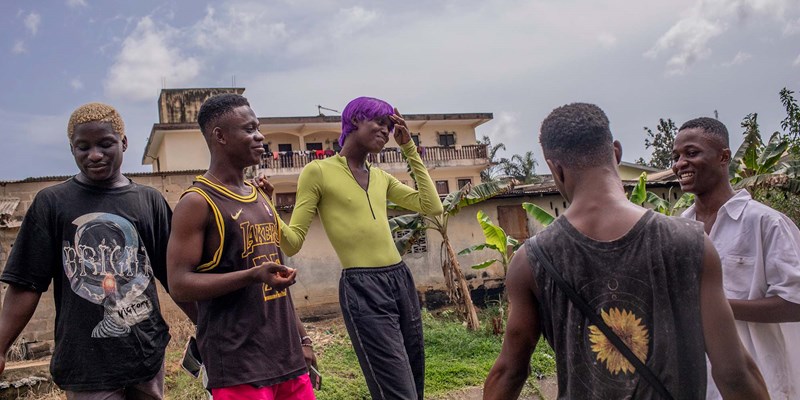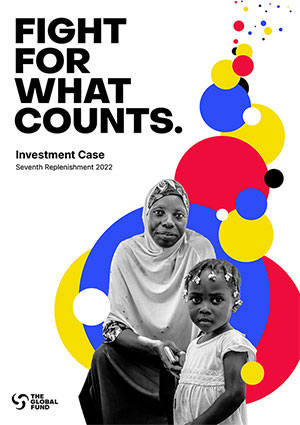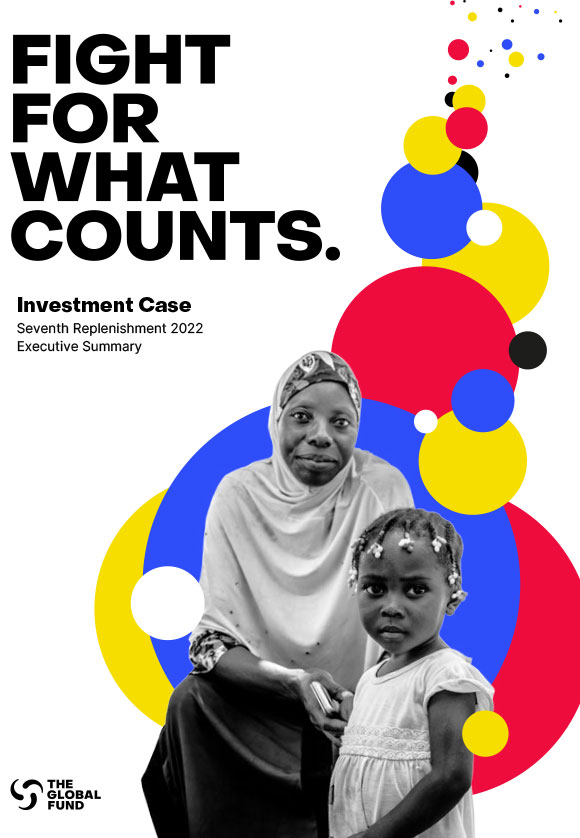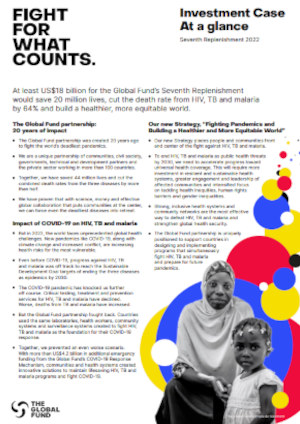Global Fund Applauds Major Increase in Contribution from Ireland
09 February 2019
ADDIS ABABA, Ethiopia – The Global Fund welcomed Ireland’s announcement today that it will increase its contribution to the Global Fund by at least 50 percent in a renewed commitment to ending the epidemics of AIDS, TB and malaria.
Ireland’s Minister of Children and Youth Affairs, Katherine Zappone, announced Ireland’s commitment at the Africa Leadership Meeting in Addis Ababa, highlighting Ireland’s strong support as one of the founding members of the Global Fund in 2002.
Peter Sands, Executive Director of the Global Fund, praised Ireland’s leadership and positive example: “Ireland is stepping up the fight, and we’re greatly encouraged that they are paving the way for other partners to increase their commitments as well.”
The announcement followed this week’s launch of the Global Fund’s Sixth Replenishment at its Preparatory Meeting in New Delhi, India, where leaders and global health organizations vowed collective action to step up the fight against AIDS, TB and malaria. Increasing contributions to raise at least $14 billion for the coming three-year period will help save 16 million lives, cut the mortality rate from HIV, TB and malaria in half, and build stronger health systems by 2023.
Luxembourg made the first pledge for the Global Fund’s Sixth Replenishment, announcing a commitment to the Global Fund of €9 million, an 11 percent increase over the last replenishment period.
Ireland contributed €30 million to the Global Fund in the Fifth Replenishment, bringing its total contribution to the Global Fund to €213 million.
Since it began, the Global Fund partnership has had extraordinary impact. In the countries where we invest, more than 27 million lives have been saved and the number of people dying from AIDS, TB and malaria has been slashed by one-third. The Global Fund delivers this impact together with a diverse range of partners including bilateral partners, multilateral and technical agencies, private sector companies, foundations, implementing countries, civil society groups, and people affected by the diseases.
